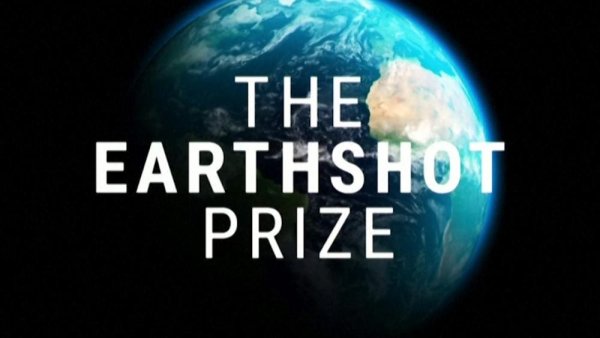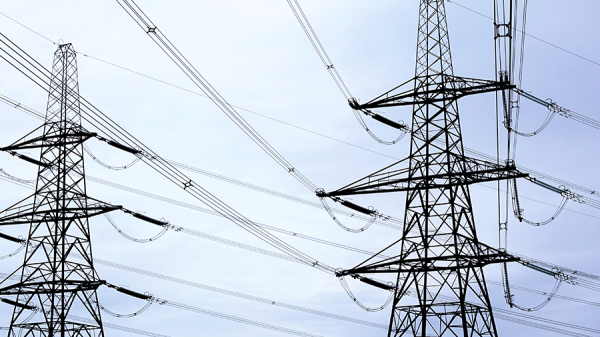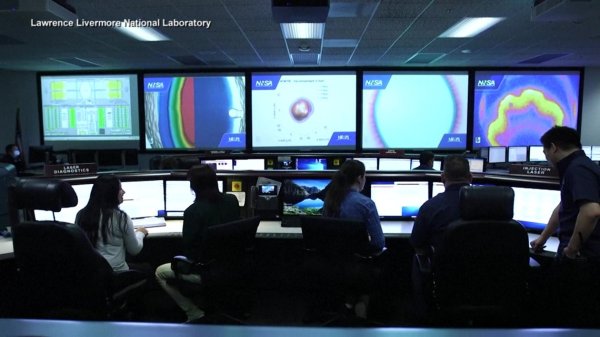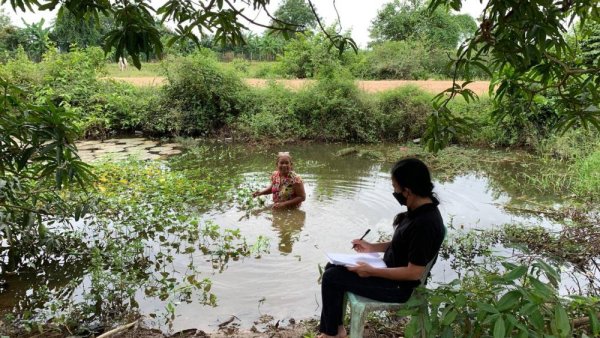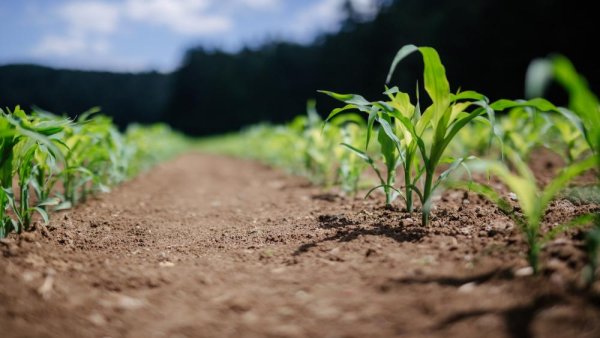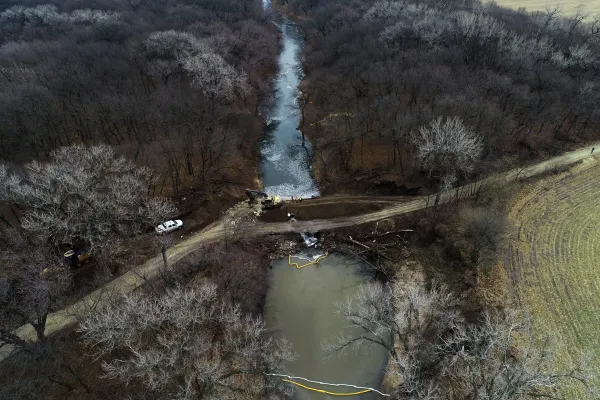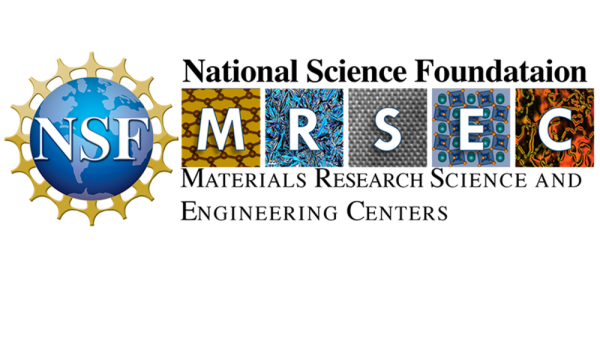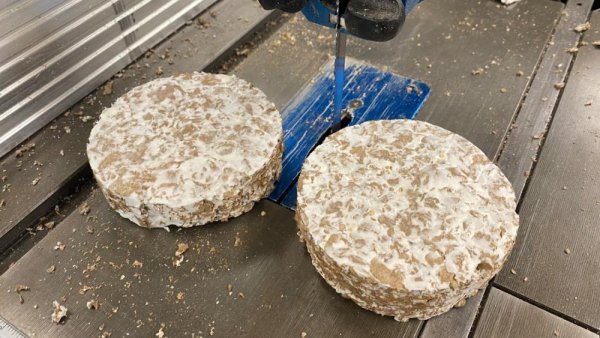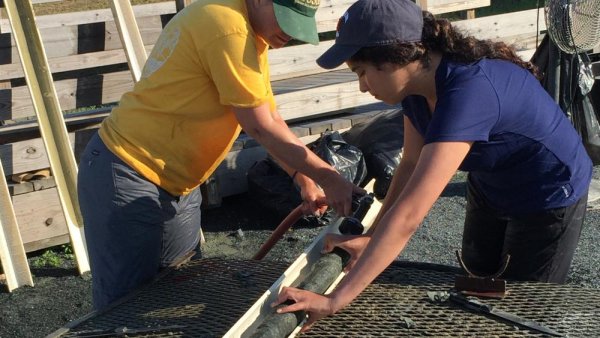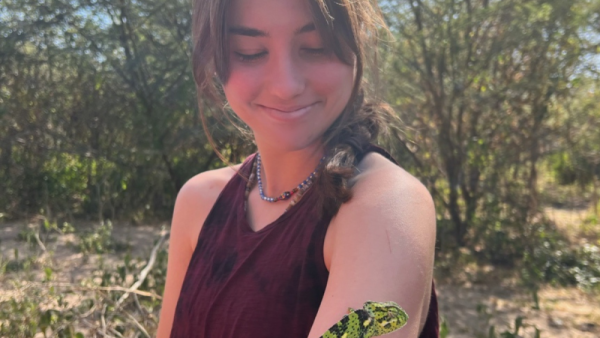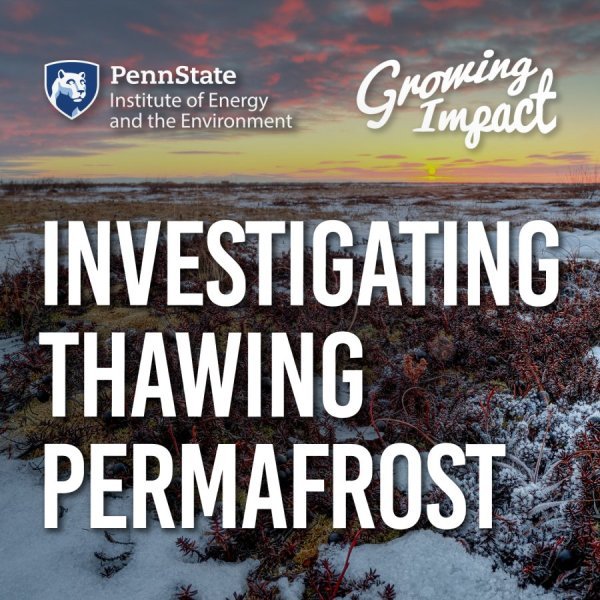Researchers encouraged to submit proposals for Earthshot Prize
| psu.edu
Penn State faculty and staff are invited to submit nominations for the Earthshot Prize 2023, an international competition aimed at identifying the most promising solutions to environmental challenges.
Sloan Foundation grant to fund research on governance of the U.S. electric grid
| psu.edu
Seth Blumsack, professor of energy and environmental economics and international affairs, was awarded a $1.19 million grant from the Alfred P. Sloan Foundation to sustain and expand an interdisciplinary research network focused on the regional organizations that manage the electric power transmission grid in the U.S. and how the governance of these regional transmission organizations impacts outcomes for market efficiency, sustainability, equity, reliability and resilience.
Engineers help artificial intelligence to learn more safely in the real world
| psu.edu
Penn State researchers are looking for a safer and more efficient way to use machine learning in the real world. A team developed and tested a new reinforcement learning algorithm aimed at improving energy consumption and occupant comfort in a high-rise office building.
Nuclear energy expert talks about historic fusion reaction breakthrough
| wnep.com
On Tuesday, the U.S. Department of Energy announced that scientists in California saw a net energy gain during a nuclear fusion experiment. This article quotes Jean Paul Allain, Huck Chair Professor and department head of Nuclear Engineering.
Penn State researchers battle food insecurity with native plants cookbook
| psu.edu
Researchers in Penn State’s College of Agricultural Sciences have created a cookbook with information about wild food plants, including their nutritional values and recipes for how to cook with them, as a way to address food insecurity.
Corn-colonizing fungus may help the crop repel disease, grow larger
| psu.edu
A fungus that can colonize, or grow within, corn plants doesn’t just leave the plant unharmed — it also can help the plant stave off harmful bugs and other fungi, according to a new study by Penn State researchers.
Company starting to recover oil from Kansas pipeline spill
| apnews.com
The company operating a pipeline that spilled about 14,000 barrels of oil into a Kansas creek during a test for potential problems is recovering at least a small portion of the crude. This Associated Press article quotes Sanjay Srinivasan, professor of petroleum and natural gas engineering.
Center receives NSF International Research Experiences for Students grant
| news.engr.psu.edu
Penn State’s Convergence Center for Living Multifunctional Material Systems (LiMC2) received a $300,000 International Research Experiences for Students grant from the National Science Foundation to establish a research exchange program with the University of Freiburg’s Cluster of Excellence Living, Adaptive and Energy-Autonomous Materials Systems (livMatS) in Germany.
Proposals sought for interdisciplinary materials research seed grant
| psu.edu
The Center for Nanoscale Science has announced a call for proposals for its 2022-23 seed grants, which are intended to fund high-risk, high-reward interdisciplinary materials research.
New grant looks to biomaterials to help reduce construction waste
| psu.edu
A new grant from the American Institute of Architects will allow a Penn State-led research team to study whether fungal biomaterials can replace synthetic acoustic insulation, potentially reducing construction waste.
Changes in Earth’s orbit may have triggered ancient warming event
| psu.edu
Changes in the shape of Earth’s orbit and the wobble of its rotation that favored hotter conditions may have helped trigger the Paleocene-Eocene Thermal Maximum, a global warming event 56 million years ago.
Sustainable steps: Penn State student promotes sustainability through fashion
| psu.edu
The University’s Fashion Society may seem like a fun way to appreciate a passion for fashion, but to Penn State College of Agricultural Sciences student Gabrielle Leach, it’s also a way to promote sustainability and enhance awareness of the impact of fast fashion to consumers.

